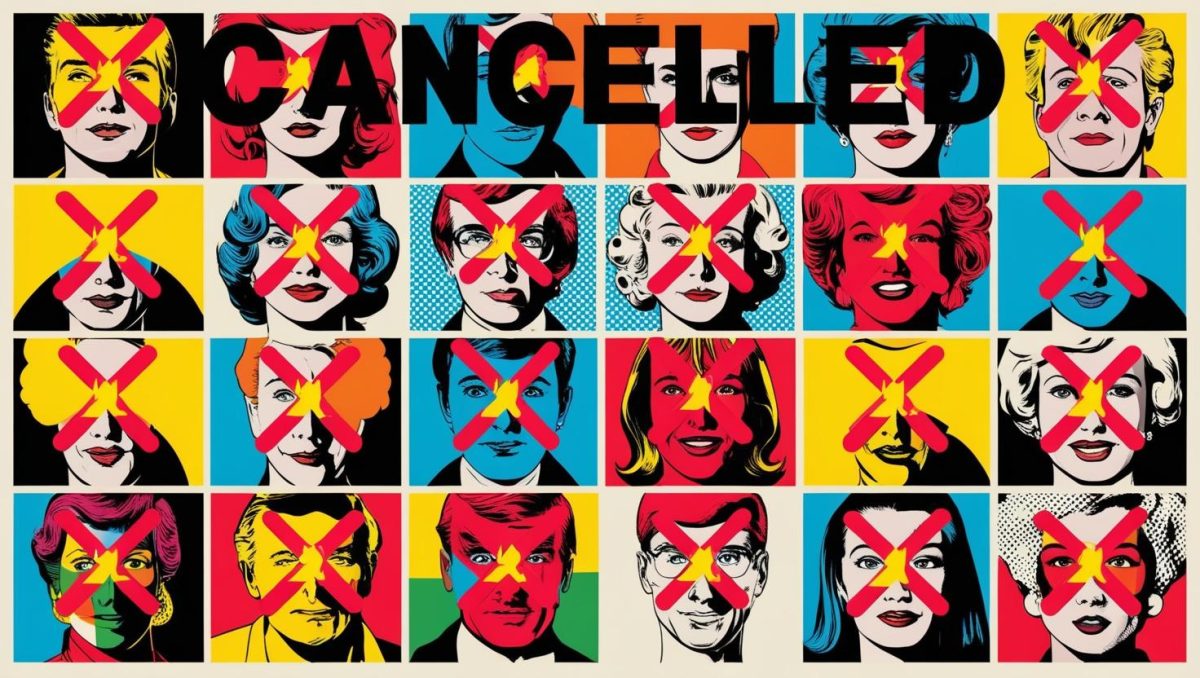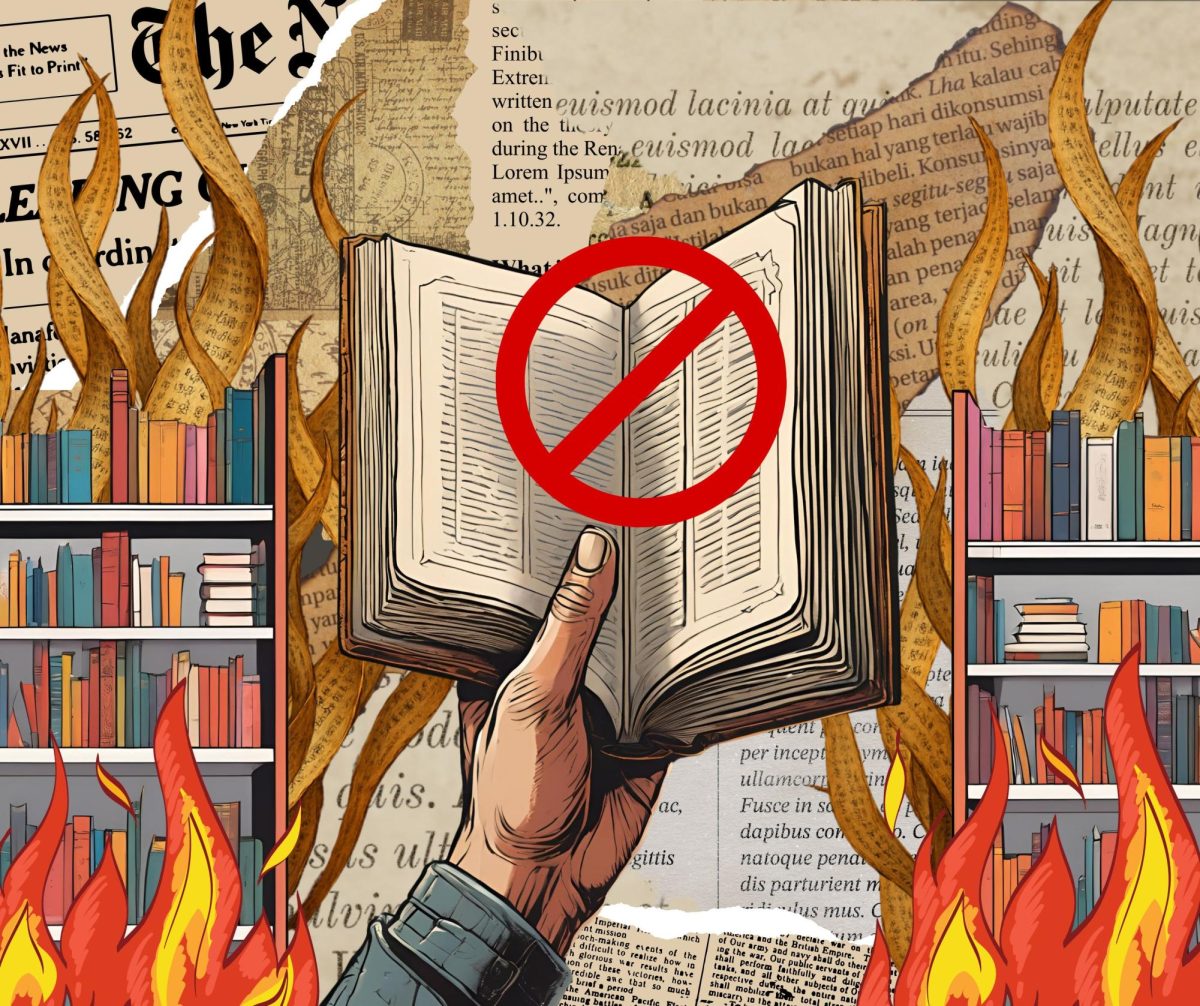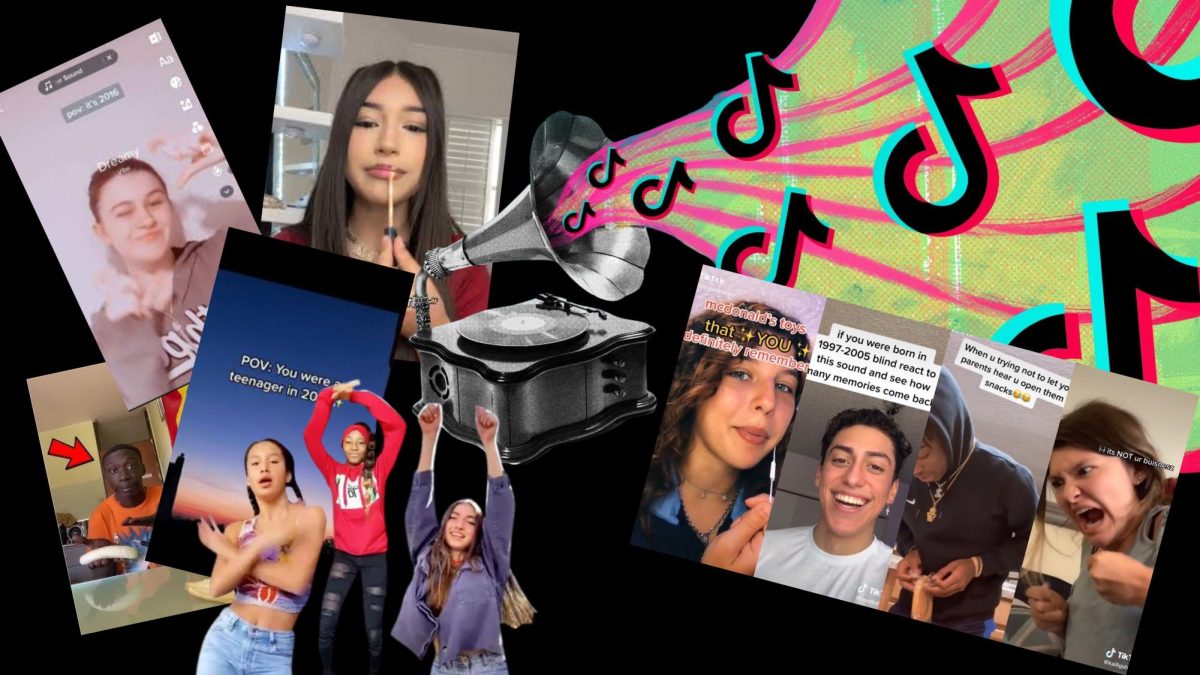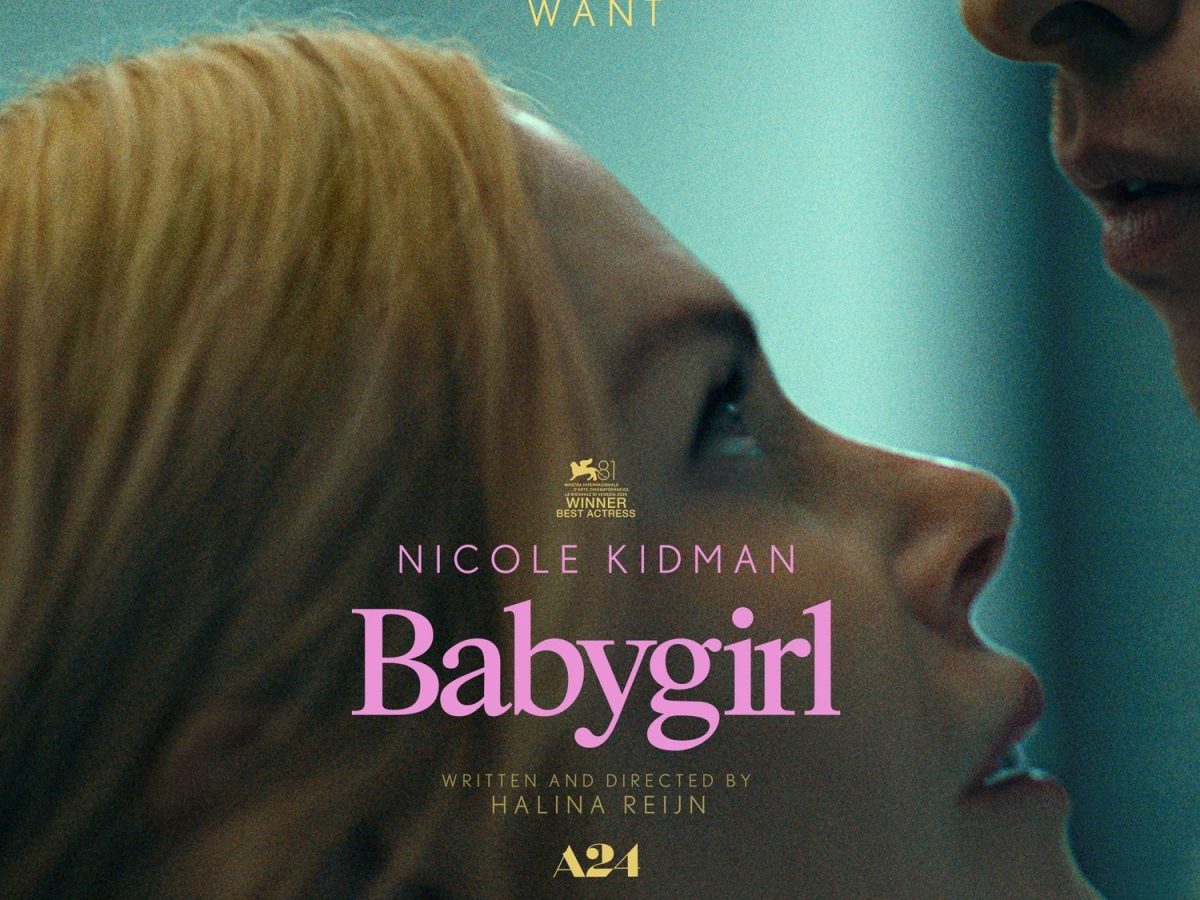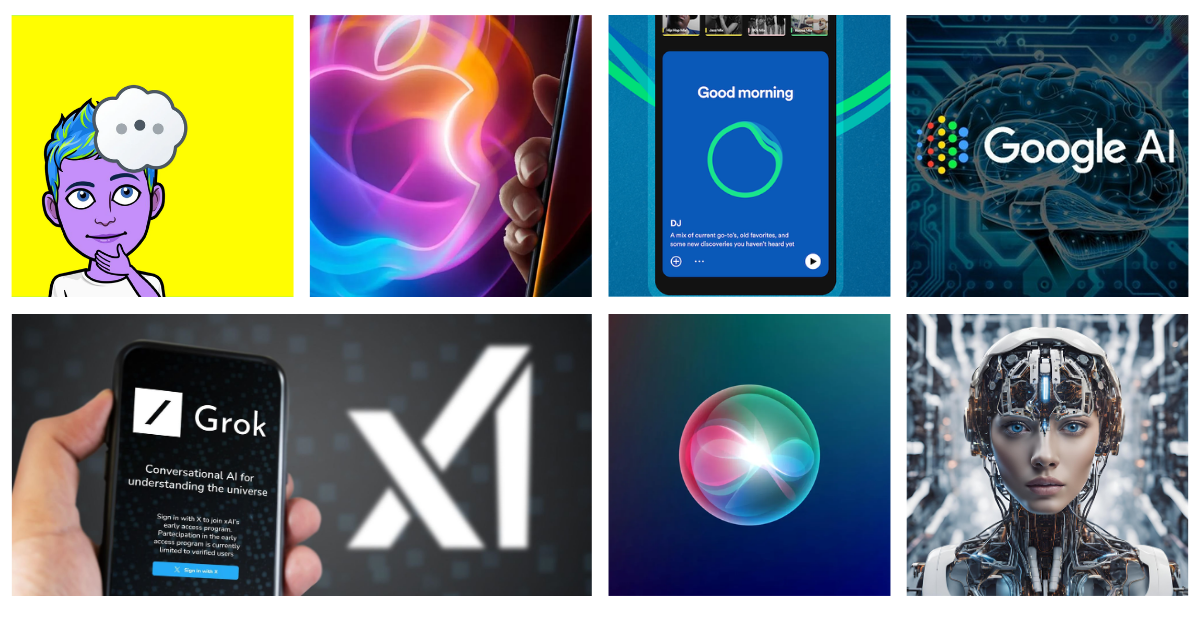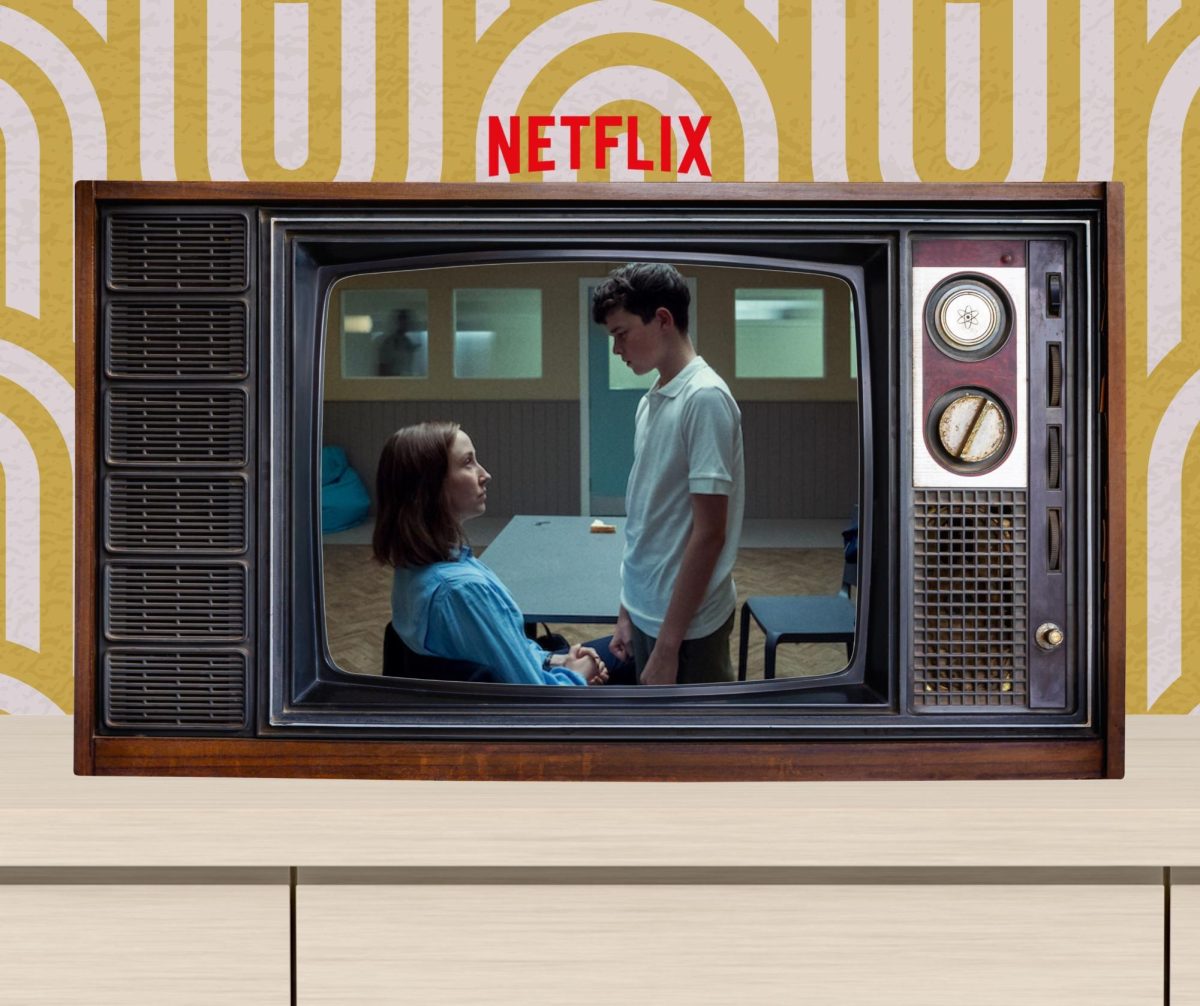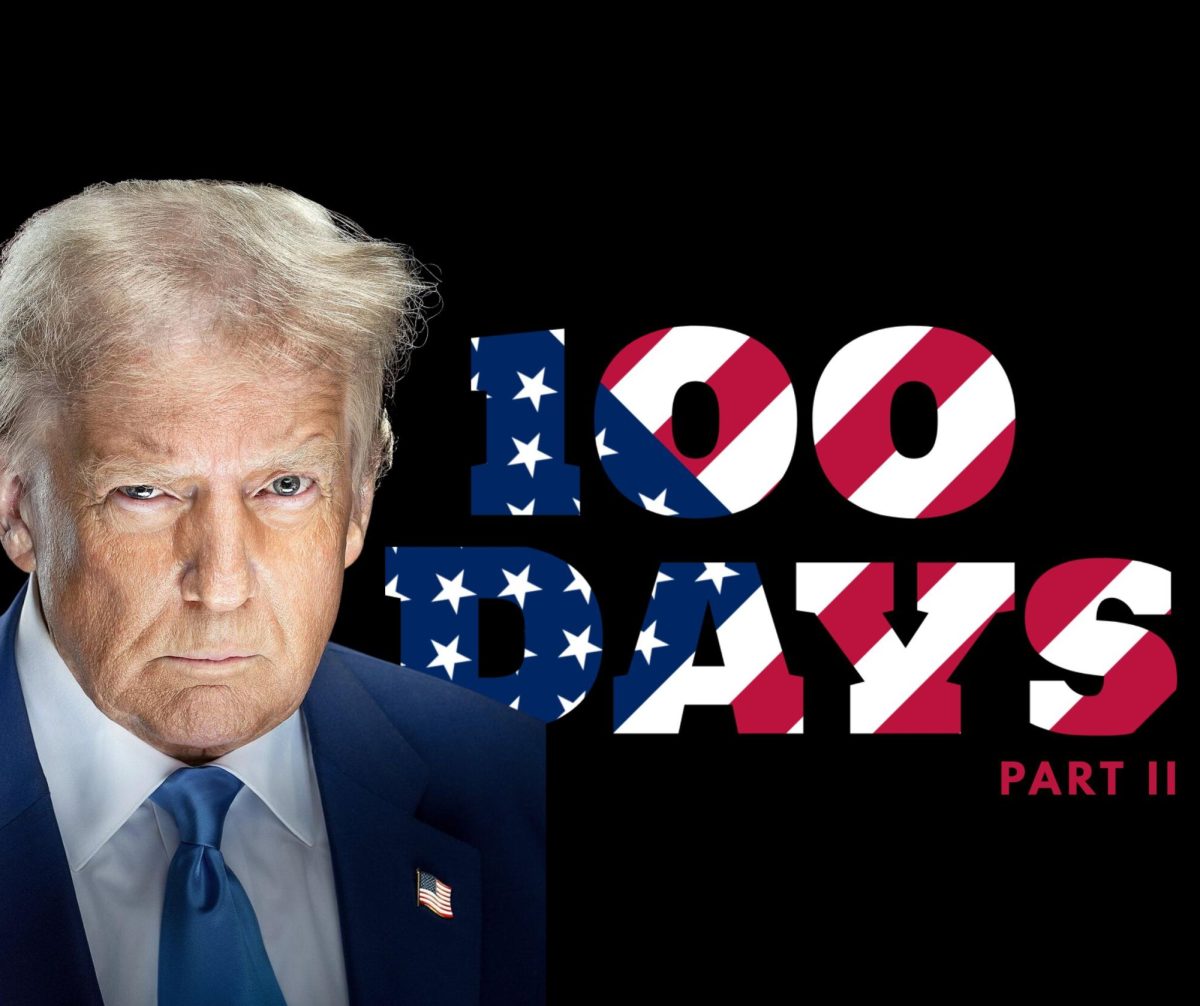In recent years, cancel culture has emerged as a powerful force in shaping public discourse and holding individuals accountable for their actions. This phenomenon is characterized by the collective withdrawal of support for public figures or companies after they have done or said something considered objectionable, and has sparked intense debate.
People argue that cancel culture is a necessary tool for social justice, providing a platform for many voices and promoting accountability. They believe it empowers ordinary people to challenge those in power and demand change. However, critics contend that it can lead to excessive punishment and a lack of due process of law, often based on incomplete or misleading information. They warn that it can stifle free speech and create a climate of fear where individuals are afraid to express their opinion.
While this phenomenon is as a result of people’s beliefs and opinions slowly changing over time, it seems to be that critics of these ideals are drastically increasing. They argue that people of high power can say one thing- taken out of context- and ruin their whole life. While that is true, people have to understand that saying unacceptable things in today’s generation is not like it once was. Another problem people argue that comes with cancel culture is that the media will be so quick to “cancel” someone that they are not even open to hearing that person out, and that person’s whole life is now ruined.
One thing for sure is that people on the internet have to be so careful in today’s generation that they are not accidentally saying something that could be perceived as unacceptable behavior. This has without a doubt led to a lack of desire in wanting to post opinions on the internet, because a silly joke to one person can be extremely offensive to another, it’s all about perception.
As society continues to deal with the implications of cancel culture, it remains clear that this idea of cancel culture is reshaping the dynamics of accountability and public discourse. Whether it serves as a force for good or a tool for undue censorship is a question that will likely continue to spark debate for years to come.



